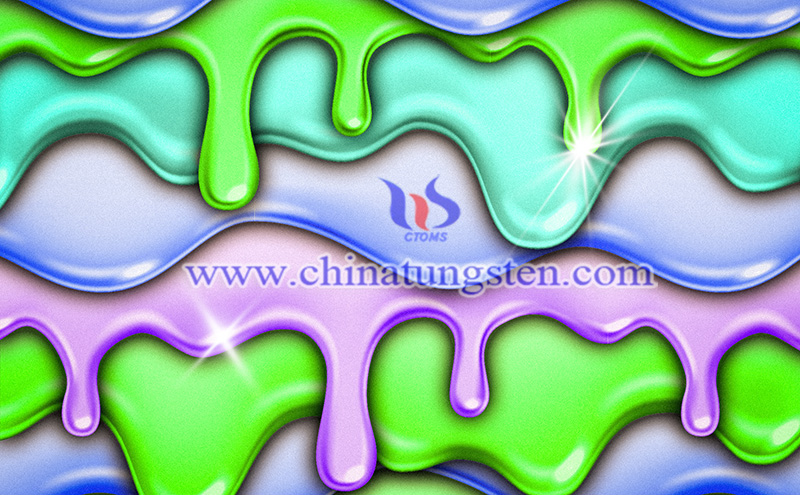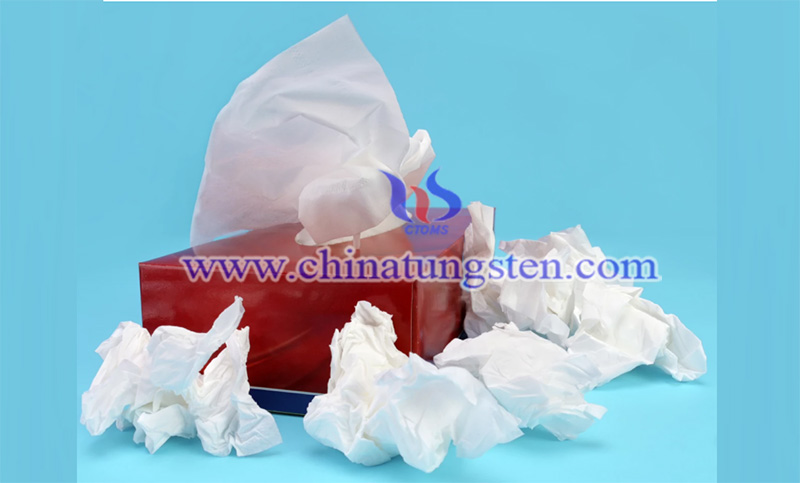Tungsten Catalysts Help to Create Artificial Mucus
- Details
- Category: Tungsten's News
- Published on Friday, 09 April 2021 21:44
Scientists use tungsten catalysts to create antibacterial artificial mucus. Mucus may make people feel a little gross, but it plays a key role in our bodies. A few days ago, a team from the Massachusetts Institute of Technology (MIT) created an artificial version of this substance, and they also proved that it is an effective antibacterial agent-even more effective than real mucus.
Mucus covers the surfaces of our body that are in contact with the outside world, including the nose, mouth, throat, and gastrointestinal tract. Its role is to keep these sensitive tissues moist, and at the same time also play an important role in protecting us from foreign threats such as bacteria.

Studies have found that mucins, the proteins that make up mucus, can interfere with several important functions of bacteria, such as the ability to communicate with each other, produce toxins, and adhere to host cells. Copying these capabilities can produce useful antibiotic materials to reduce the resistance of bacteria to antibiotics.
Laura Kiessling, the senior author of the research paper, said: "We would like to understand which characteristics of mucins are important to their activity and mimic these characteristics so that you can block the virulence pathways of microorganisms."
But there is a problem. Mucin is shaped like a long and thin bottle brush, comprising a backbone of amino acids with sugar molecules called glycans sticking out the sides. The large size and complex shape of these proteins make it difficult for scientists to replicate them.
In the new study, the research team used a new method to make artificial mucus. They used tungsten catalysts to unfold a carbon ring into a linear molecule containing a carbon-carbon double bond. Importantly, this creates a "cis" structure of the double bond, with the carbon atom attached to the chemical group on one side. This is the opposite of the "trans" configuration, where groups appear on opposite sides.

The research team found that this cis configuration is closer to the shape of natural mucins and makes them more soluble in water. In the next test, the researchers exposed these synthetic mucins to toxins produced by the cholera bacteria. As a result, they found that synthetic cis-polymers are not only better at capturing toxins than trans-polymers, but even better than natural mucin.
The research team said that scientists using tungsten catalysts to create antibacterial artificial mucus is a promising start, and they may do better if they can make some adjustments to the sugar chain. And this will become the focus of future scientific research work.
- Tungsten Manufacturer & Supplier, Chinatungsten Online: www.chinatungsten.com
- Tungsten News & Prices of China Tungsten Industry Association: www.ctia.com.cn
- Molybdenum News & Price: news.molybdenum.com.cn
- Tel.: 86 592 5129696; Fax: 86 592 5129797; Email: sales@chinatungsten.com



 sales@chinatungsten.com
sales@chinatungsten.com